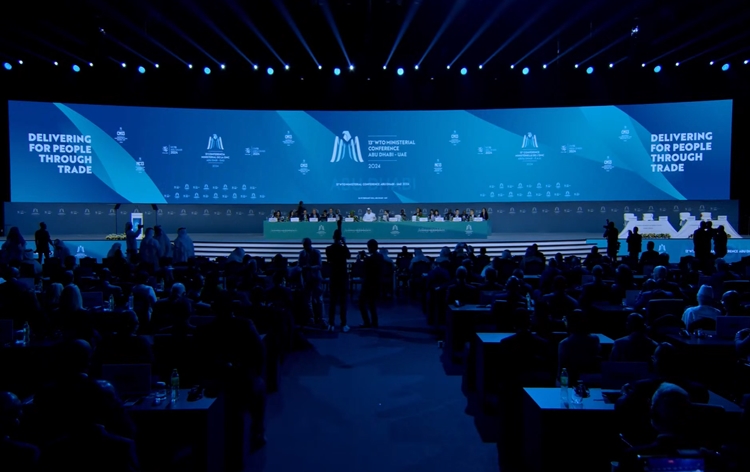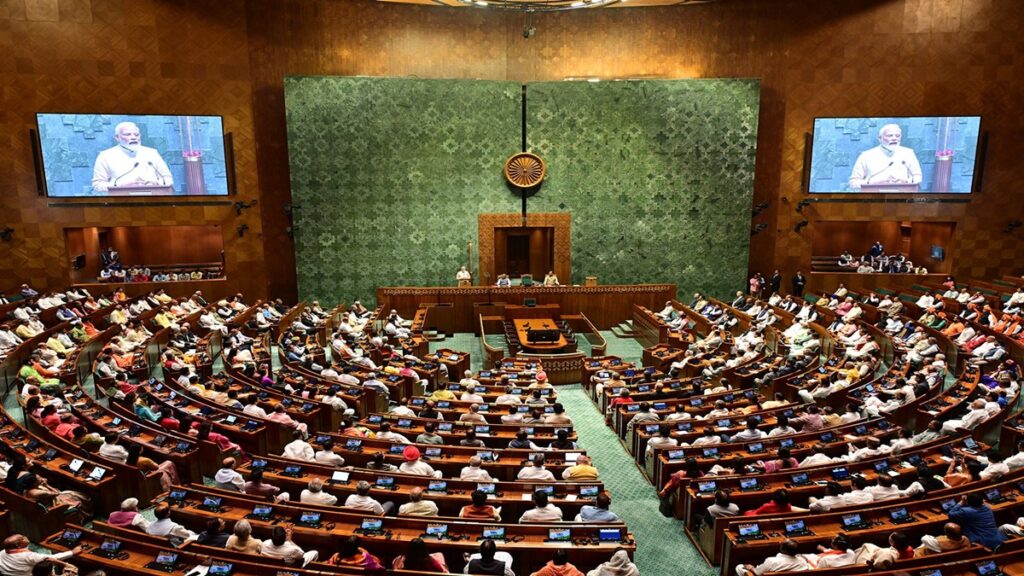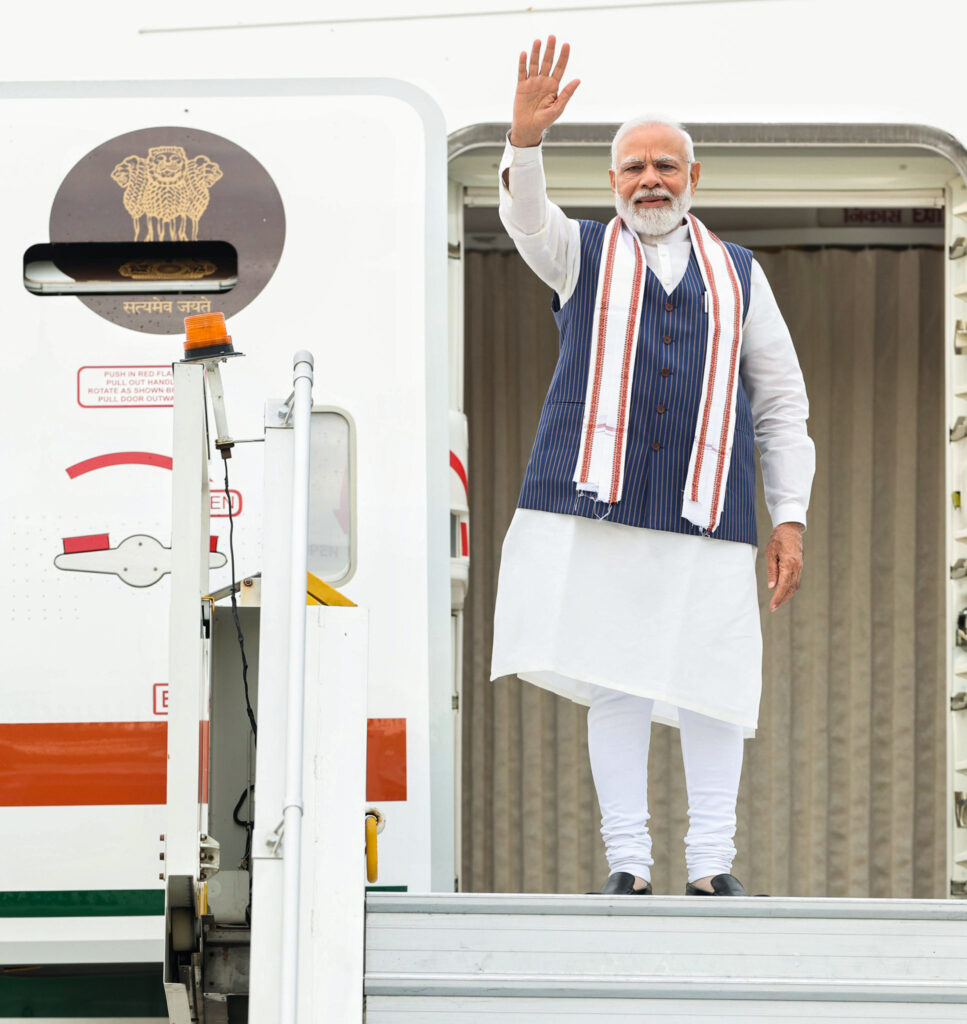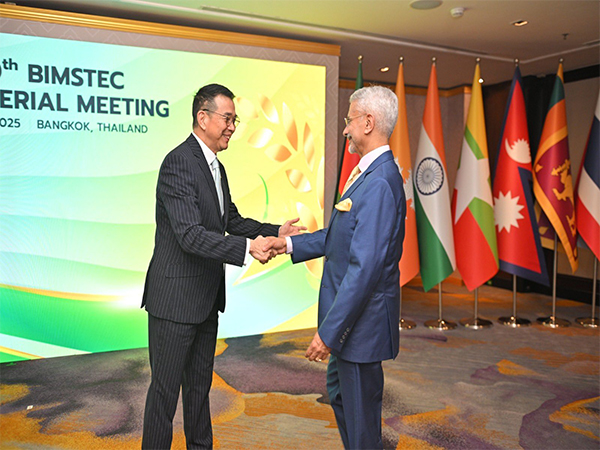India pushes for sustainable fishing practices at WTO fisheries subsidies talks

During negotiations on fisheries subsidies at the ongoing World Trade Organization (WTO) Ministerial Conference, India emphasized the importance of sustainable fishing practices and its long-held position that responsible fishing is deeply ingrained in the culture and practices of its diverse fishing communities.India stressed the need for any future agreement on fisheries subsidies to consider the interests and livelihoods of these communities who rely on marine resources for their survival. They argued that while subsidies historically contributed to overfishing, they are also crucial for developing nations like India to develop and diversify their fishing sectors and ensure food security for their fishermen.
India highlighted the concept of “Common But Differentiated Responsibilities and Respective Capabilities” (CBDR-RC) and “Special and Differential Treatment” (S&DT) as guiding principles for a fair agreement. These principles aim to balance the needs of developed and developing countries in international agreements.
India proposed a 25-year moratorium on subsidies for these distant water fishing activities, citing their detrimental impact on sustainable fishing practices and marine resource management.India also raised concerns about the current approach to addressing overfishing and overcapacity, arguing that it disregards factors like the size of a country’s exclusive economic zone and the number of small-scale fishers. India urged the WTO to consider a more nuanced approach that takes these factors into account.









